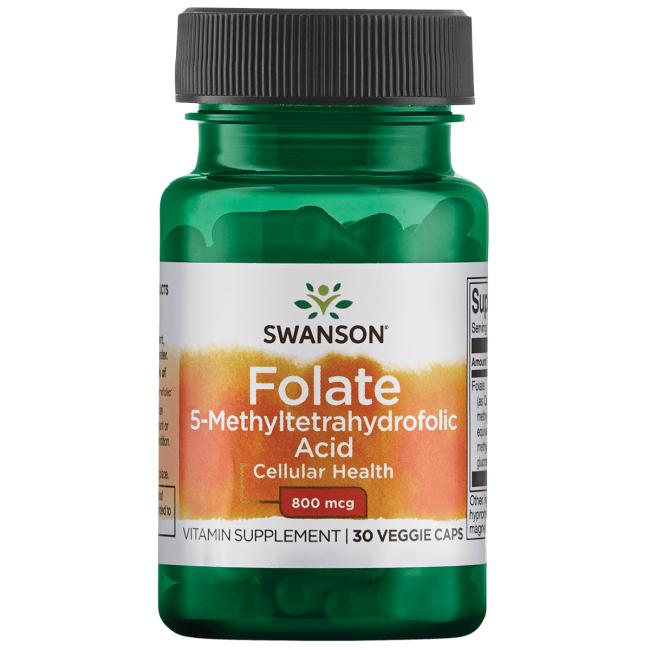Folate
Folate, often known as vitamin B9, is a water-soluble vitamin found in a variety of foods. The synthetic version of folate found in supplements and fortified foods is folic acid. Folates are essential for cell development and division, as well as the production and repair of DNA. This page is meant to provide Welzo users with information on Folate.

